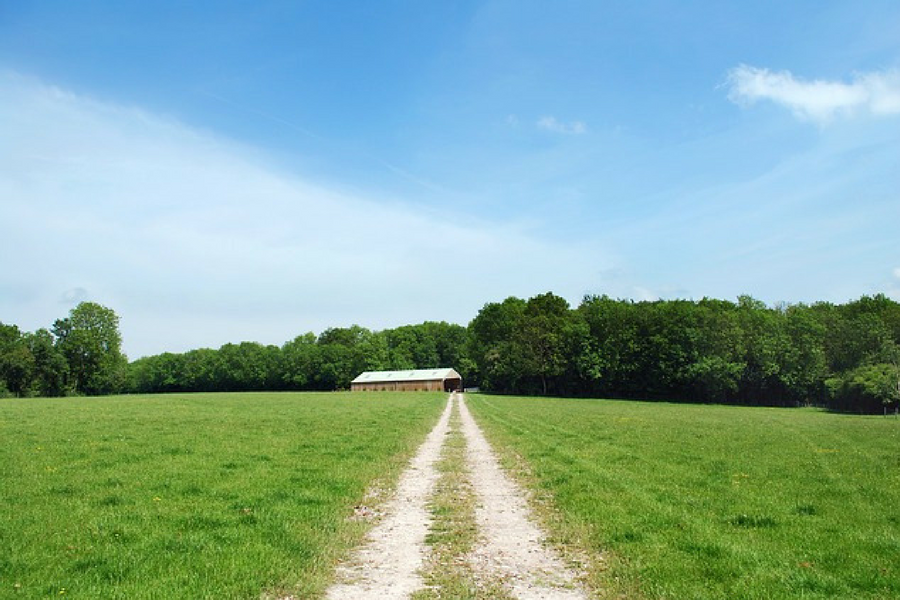Tread carefully with grid advice before paying for an application
This post was updated: 14 September 2022
Many farmers and estates have contacted us over recent months after they have been approached by firms touting spurious grid advice. These ‘advisors’ persuade landowners they have suitable battery storage sites on their ground and try to sign them up to up-front fees of £1,000 or more for making a grid application. Not trusting this approach, these landowners have rightly come to Roadnight Taylor for a second opinion.
On looking more closely at these sites, we have been shocked by what we have seen. Some haven’t even been remotely close enough to the EHV distribution network to enable a viable grid connection, while others are on parts of the network lacking sufficient capacity to enable a scheme.
As these pointless applications would not have resulted in a cost-effective grid connection, no developer would touch the sites. The ‘advisors’ would have known this before charging the landowners a £1,000+ fee.
Potential to miss out on lucrative power scheme ground rents
In some cases, the landowner could miss out on a generation or storage scheme worth millions in ground rent. These firms lack the deep expertise, or the inclination, to establish which technology (battery storage, gas genset, solar or other) would work on that part of grid – and at what size/scale.
There is a lot of hype in the market about battery storage, and there is a dangerous assumption that it will work everywhere. That isn’t the case. Battery storage schemes need particular grid conditions that aren’t found widely on the network. Unlike pure generation technologies – such as solar or gas gensets – batteries need as much capacity to import power from the grid as they need capacity to export it. It is far more common for the grid local to a site to accommodate megawatts of a generation-only technology than a storage technology, and at date of writing, ground rents are higher for gas gensets than for storage.
Another technical issue often overlooked is the huge power swings (from charging to discharging) that characterise grid-scale battery schemes. On many parts of the network these swings would cause voltage step-change issues, and therefore prevent the connection of this technology. In these cases, other technologies may have been viable instead.
Assessment and design fees being introduced
We’ve written about how the volume of unsuitable grid connection applications, caused in part by these “advisors”, is putting huge pressure on the Distribution Network Operators (DNOs). To ease the problem, the Government is putting a statutory instrument before Parliament this month, which will enable DNOs to recover the costs they incur in designing a connection and producing the connection offer.
DNOs will be able to impose assessment and design fees, which we understand are being rebranded by the regulator as “connection offer expenses”, from 6 April 2018. Each DNO will have significant freedom in choosing whether, when and how to impose these fees, and it is likely that all will seek to recover costs for some or all types of connection.
So, not only may some landowners pay unscrupulous advisors’ fees, they may also be paying the DNO thousands in connection offer expenses in the near future, and all for frivolous and ill-considered applications.
Stop/GoTM feasibility study
The landowners that are calling us find Roadnight Taylor are different. We establish if the site has the correct planning credentials and we have the expertise and knowledge to determine if a site will have potential for a cost-effective grid connection. Crucially, we establish if there is local grid capacity, and if so for what technology and at what scale. We also have close relationships with the system planners at all the DNOs, and work with them to discuss and create bespoke connection solutions that will enable schemes to be viable.
If we think your site has a potentially viable scheme, we will back our advice by submitting a grid connection application on a no-win no-fee basis. That’s how confident we are that our applications will be successful.
If you are approached by advisors charging for an application, as opposed to working on a no-win no-fee basis, ask yourself why – how confident are they that their application will be successful?
 Contact us
Contact us
To find out if you might have an opportunity for a viable grid connection with our
Stop/Go TM study, call us now on 01993 830571 or send us a message via our contact form.


 Contact us
Contact us